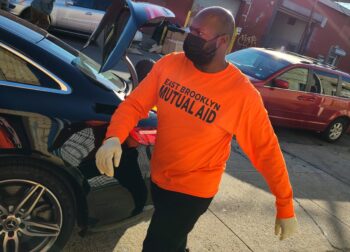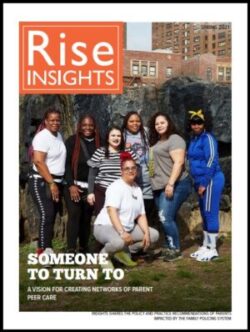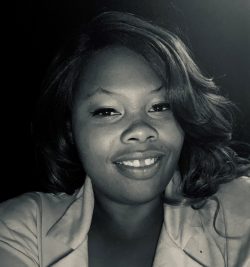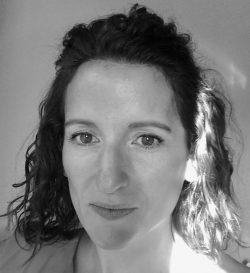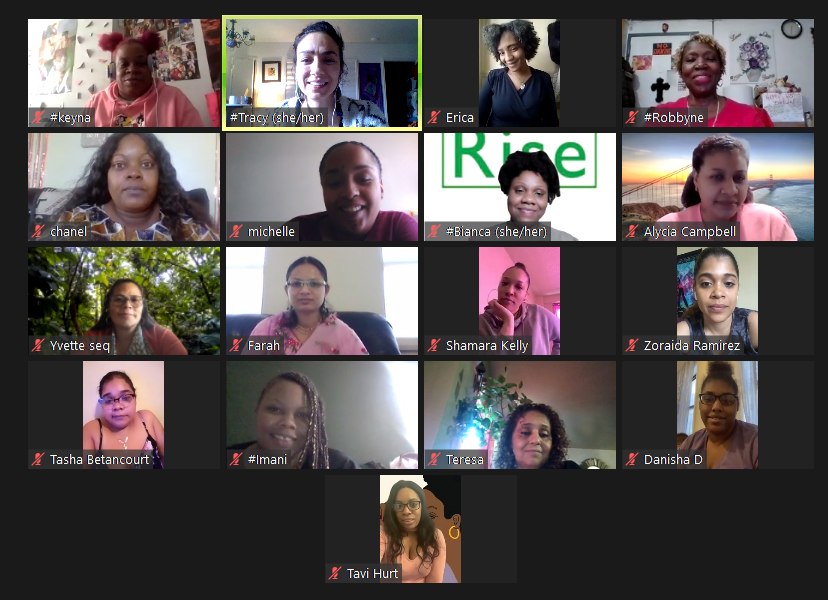Fear of the family policing system can prevent families from accessing needed resources and support. Through community-led mutual aid, community members support each other, often responding more quickly than systems and without intrusive processes or the threat of a report to ACS for not having food or resources for your family.
Here, Kelvin Taitt, co-founder of East Brooklyn Mutual Aid and a community organizer in the Ocean Hill and Brownsville areas of Brooklyn, New York, discusses how mutual aid is different from services through the system, building relationships, keeping resources in the community and supporting investment in Black-owned businesses.

